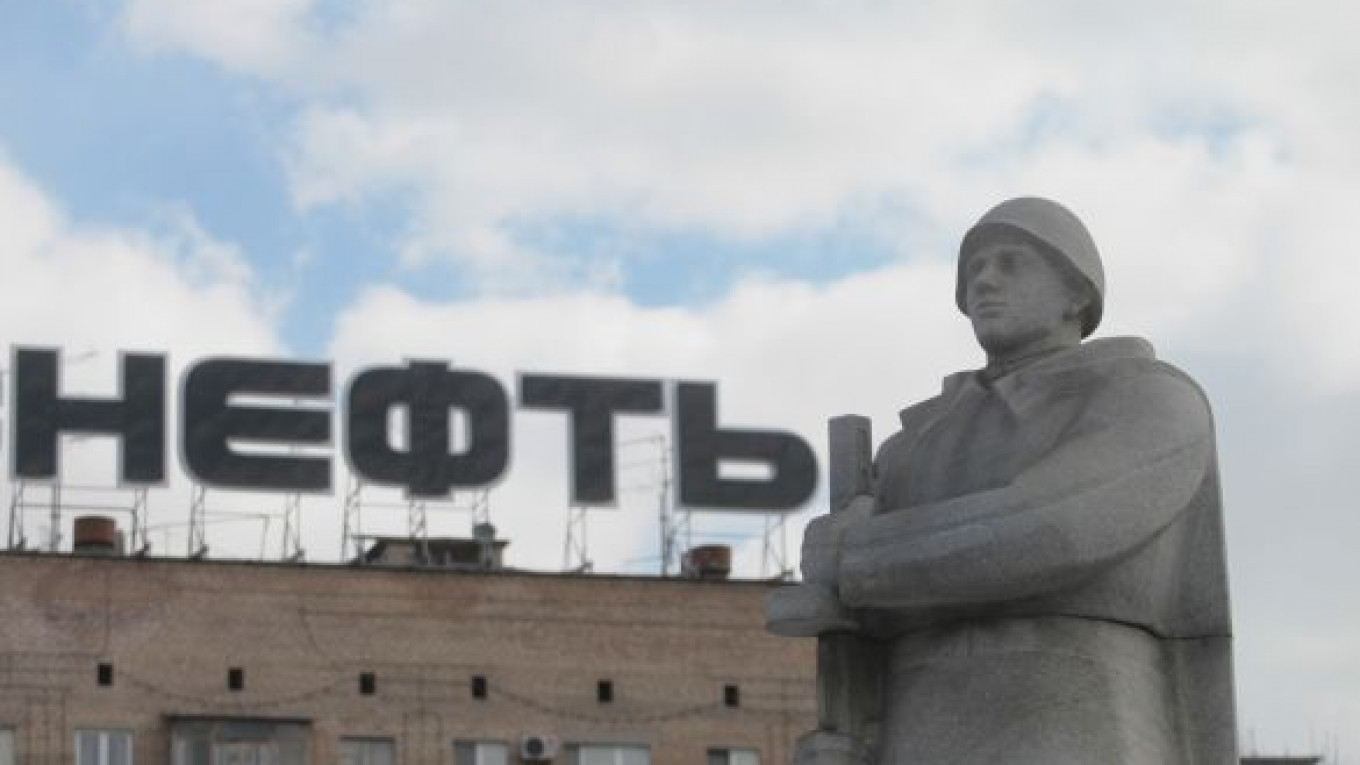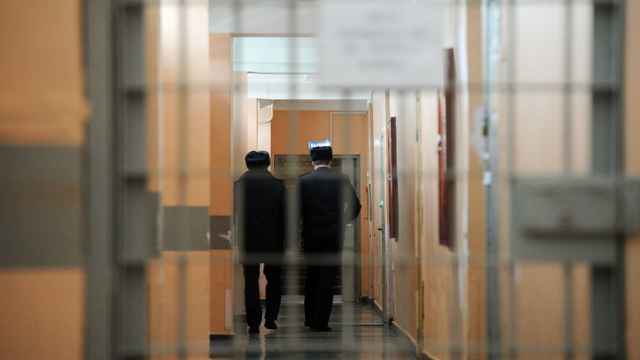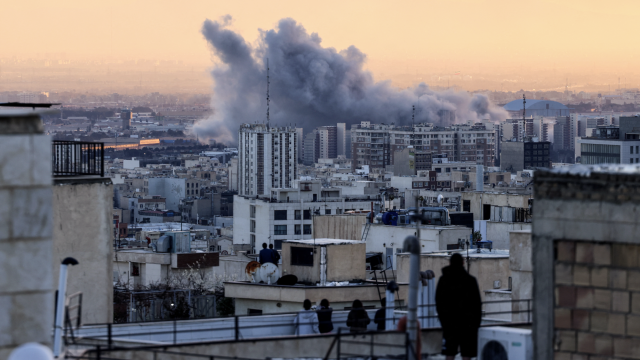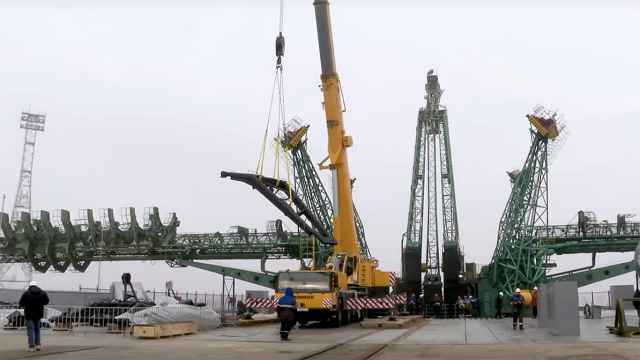As the oil price touched three-month highs last week, Moscow’s stock markets were noticeable in their lukewarm response, highlighting an unprecedented breakdown in the symbiotic relationship between commodity prices and Russian equities.
The price of the main Russian oil blend, Urals crude, has risen 27.5 percent over the last two months, while the MICEX index has climbed less than 6 percent. The dollar-denominated RTS is up 6.3 percent over the same period.
The decoupling of the oil price and equity markets, which have moved in tandem for two decades, has been particularly marked since oil prices began to increase steadily in June after reaching their lowest levels since 2010.
Violence in Syria and tension between the U.S. and Iran go some way to explaining this recent divergence — investors perceive the oil price rises as temporary rather than demand-driven — but experts also point to a “discount” in the Russian market that appeared after Vladimir Putin announced his return to the presidency, squashing hopes for reform.
“The price of Brent [crude] jumped $2.40 a barrel through yesterday’s session,” Chris Weafer, chief strategist at Troika Dialog, wrote in a note on Aug. 16. “Of course, this did nothing to help Russian equities or the ruble, as the main driver of those assets for some time has been the trend in global emerging markets and investors’ assessment of risk.”
With the price of Urals crude currently at $115.66 a barrel, the MICEX index closed Friday at 1,444.27. With Urals at the same price on April 4 last year, the MICEX was at 1,852.02. On May 6 in 2008, with Urals also at $115 a barrel, it stood at 1,694.44.
Turning conventional wisdom on its head, Weafer even suggested that higher oil prices will hurt Russian markets. “As oil climbs, concerns that it will hurt global growth will increase and that fear will pull all risk assets lower,” he said.
But others were skeptical that there was any unraveling of long-established trends.
“Investors are concerned about the stability of high oil prices,” said Kingsmill Bond, chief strategist at Citibank in Moscow. “Maybe there’s a small breakdown [in the correlation between oil and equities], but it’s not very big.”
More significant, he added, was the discount in the Russian market that appeared last fall after it became clear that Putin was seeking a return to the presidency, dashing investors’ hopes for deep political and economic reform.
The strong link between oil prices and equities and the ruble is not going anywhere, said Alexander Morozov, chief economist at HSBC in Russia.
He put recent developments down to natural friskiness in the market. “The current rally is expectation-driven,” he said. “Markets are driven by short-term expectations.”
Related articles:
A Message from The Moscow Times:
Dear readers,
We are facing unprecedented challenges. Russia's Prosecutor General's Office has designated The Moscow Times as an "undesirable" organization, criminalizing our work and putting our staff at risk of prosecution. This follows our earlier unjust labeling as a "foreign agent."
These actions are direct attempts to silence independent journalism in Russia. The authorities claim our work "discredits the decisions of the Russian leadership." We see things differently: we strive to provide accurate, unbiased reporting on Russia.
We, the journalists of The Moscow Times, refuse to be silenced. But to continue our work, we need your help.
Your support, no matter how small, makes a world of difference. If you can, please support us monthly starting from just $2. It's quick to set up, and every contribution makes a significant impact.
By supporting The Moscow Times, you're defending open, independent journalism in the face of repression. Thank you for standing with us.
Remind me later.







